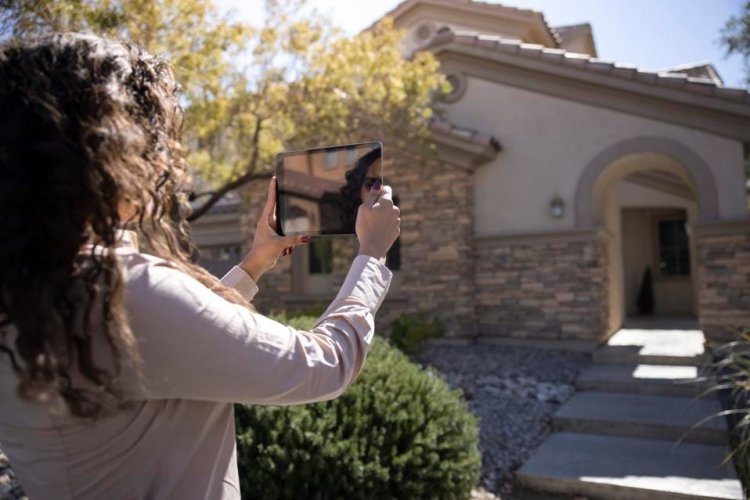Interesting Virtual Aspects of Real Estate
Real estate has always been a tangible industry, with physical buildings and properties being the primary focus. However, with the rise of technology, the virtual aspects of real estate have become increasingly important.

Real estate has always been a tangible industry, with physical buildings and properties being the primary focus. However, with the rise of technology, the virtual aspects of real estate have become increasingly important. From virtual property tours to online marketplaces, technology has transformed the way people buy, sell, and experience real estate.
One of the most significant virtual aspects of real estate is virtual property tours. These allow potential buyers to explore a property without physically being there. Virtual tours can be created using 360-degree cameras, drones, and virtual reality technology. This technology provides a realistic and immersive experience that can help buyers make informed decisions about a property. Virtual tours are also convenient for buyers who are unable to physically visit a property due to distance or other constraints.
Another virtual aspect of real estate is online marketplaces. These platforms allow buyers and sellers to connect and transact without the need for physical meetings. Online marketplaces are convenient for both parties as they can be accessed from anywhere in the world. They also provide a wider market for sellers to reach potential buyers, which can lead to faster sales and better prices.
Virtual staging is another virtual aspect of real estate that is gaining popularity. Virtual staging involves using computer-generated images to stage a property. This is done by creating images of furniture and décor that can be placed in a property's photos to showcase its potential. Virtual staging is less expensive than traditional staging, and it allows potential buyers to visualize the space with different styles and furniture layouts.
Virtual reality technology is also being used in real estate to provide immersive experiences for buyers. Virtual reality headsets are used to create a 3D environment that allows potential buyers to walk through a property as if they were physically there. This technology provides a realistic experience that can help buyers make informed decisions about a property.
Finally, blockchain technology is being used in real estate to create a more transparent and efficient market. Blockchain technology allows for secure, tamper-proof transactions and can provide a more efficient process for real estate transactions. This technology can also help reduce fraud and increase transparency in the real estate industry.
In conclusion, the virtual aspects of real estate are transforming the way people buy, sell, and experience properties. From virtual tours to online marketplaces, technology is providing new and innovative ways to connect buyers and sellers. As technology continues to evolve, it is likely that the virtual aspects of real estate will become even more important.
If you have a real estate press release or any other information that you would like featured on African Real Estate Blog Post do reach out to us via email at [email protected]































![4 Indigenous Tribes Living in Huts in East Africa [PHOTOS]](https://realestateblogpost.com/uploads/images/2023/06/image_380x226_6482dd8b5c94a.jpg)

